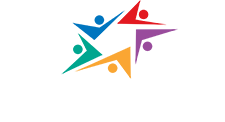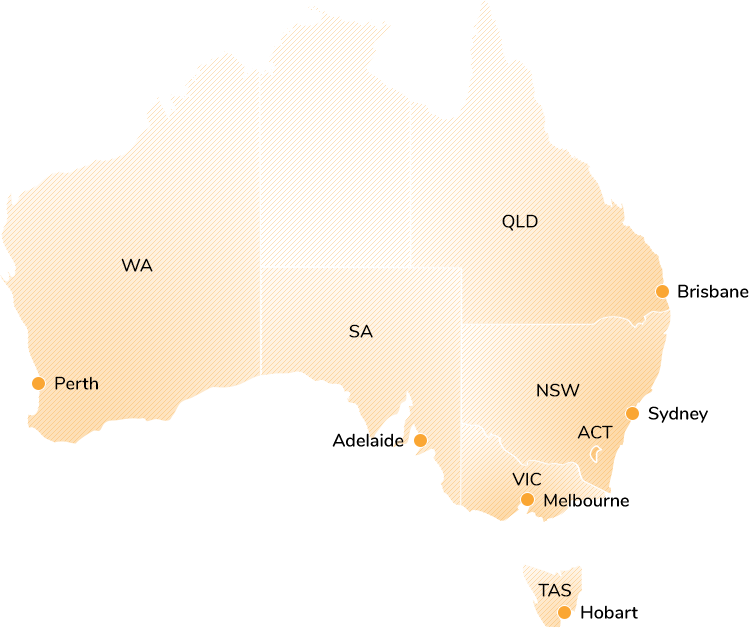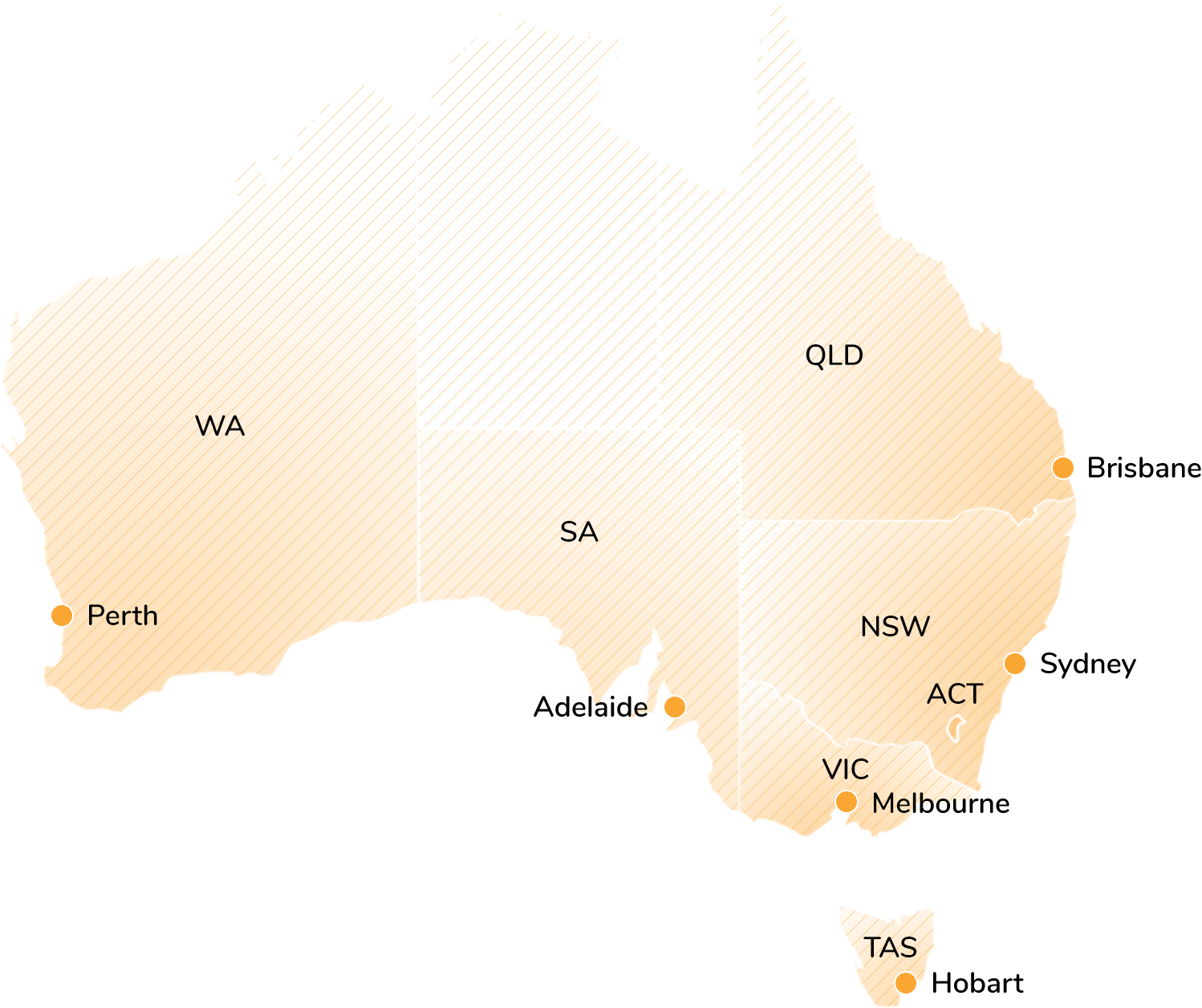What is communication access?

What is communication access?
Communication access is about making sure everyone can communicate their message.
It can be easy to take communication for granted — whether it be dialling a number and ordering a pizza or reading the menu at a local restaurant. For many of us, communication isn’t always that simple and flexibility from others can make a difference.
So what is communication access?
“Communication Access is when everyone can get their message across.”
- Scope
It means that people are respectful towards individuals with communication difficulties and that they strive to find ways to communicate.
Not all communication methods are suitable for every person — for example, if a person is deaf or hard of hearing, they may not be able to hear the audio in a video, but if we provide captions, subtitles or a transcript, we are providing better communication access.
What does accessible communication look like?
Accessible communication is when you’re treated with respect and dignity; when others listen to you and you are given time to get your message across. It also means that others are open to using new and different methods of communication.
In day-to-day life, this might mean information is given in a format that is easy to read, or a store might have clear signs, hearing loops or technology that is easy to use.
Why is communication access important?
Communication access is a human right. In 2008, the Australian government signed the United Nations Convention on the Rights of Persons with Disability (2006), which means that our country is committed to:
- removing discrimination;
- offering communication methods other than speech;
- ensuring there are accessible formats when giving and receiving information (freedom of people with disability to access information); and
- recognising that people with disability may use technology, tools or the support of others to communicate.
Communication access is a step towards inclusivity; to help all individuals feel welcome and to ensure we are all able to communicate with each other. At Ability Consultants, this means that individuals with disability and their support teams can easily access Positive Behaviour Support.
Accessible Communication at Ability Consultants
At Ability Consultants, making Positive Behaviour Support (PBS) accessible is vitally important to us.
Our team at Ability Consultants:
- is welcoming and treats everyone with dignity and respect
- wants to understand your message
- will give you time to get your message across
- can try other ways of communicating.
Our team at Ability Consultants takes part in Communication Access training through Scope. We’ve also developed our own communication access book which supports individuals with speech or language difficulties.
Our online forms can be completed over the phone with a member of our team, and you can also book a video call. We can also organise a free interpreter for NDIS participants throughout the behaviour support process.
Inclusivity and accessibility are important to us. It’s important that we offer accessible communication — we all have a right to communicate and we can find ways to make it work through small, meaningful steps.
To find out more about accessible communication at Ability Consultants, check out our article Communication Access at Ability Consultants.
Feedback
It’s important to us that we can communicate effectively and respectfully with our clients and their support teams. If you have positive or negative feedback about our communication, please get in touch by phoning 1300 694 625 or sending us an email.
Updated 25 July 2025.





